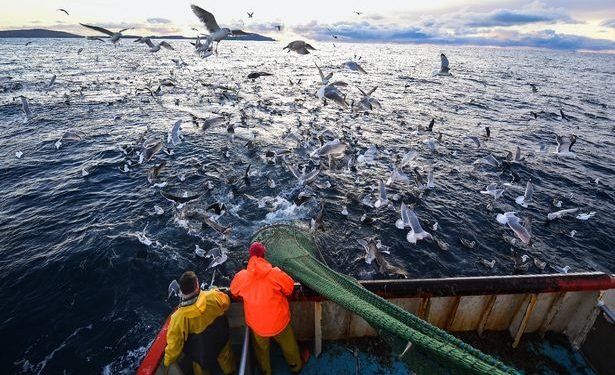Belgium, (Brussels Morning Newspaper) European Fisheries Ministers failed to abandon destructive fishing practices during the Agriculture and Fisheries Council held on June 26. The association of environmental organizations, Seas At Risk, said it was “appalled by the lack of ambition of the Fisheries ministers”, who did not align with the European Commission’s attempt to shift to low-impact fisheries, protect sensitive species, and move away from bottom trawling in marine protected areas (MPAs).
Back in February, the Commission released a package of files that acknowledges the magnitude and negative impact of fisheries on marine ecosystems and revived its commitments to better implementation of the Common Fisheries Policy (CFP). Yesterday, ministers discussed the CFP’s state of play and their priorities for fishing opportunities for 2024, the first step in the annual process of setting the total allowable catches (TACs) and quotas for the following year.
“We are going through an unprecedented ecological crisis. Marine biodiversity is declining at an even faster pace than on land. Destructive fishing practices like bottom trawling have no place in the ocean and even less in MPAs. Today’s negative conclusions by EU Fisheries Ministers are an act of irresponsibility towards citizens and the ocean”, said Tatiana Nuño, Senior Marine Policy officer at Seas At Risk.
The environmental group urged EU countries to abide by EU environmental law, including minimizing bycatch of sensitive species and prohibiting harmful activities in MPAs such as “Special Areas of Conservation“ where management measures should prevent deterioration.
“Using food security arguments to allow destructive fishing practices is a perverse paradox. Without healthy marine ecosystems there is no food coming from the ocean,” said Remi Cossetti, Junior Fisheries Policy Officer at Seas At Risk.
The majority of MPAs in European waters exist as “paper parks” – EU countries ‘officially’ designate areas for conservation but then neglect to properly manage them in practice. For example, although around 12% of European waters are designated as MPAs, only 1.8% of them have conservation measures in the form of management plans to protect the species and habitats in the site.
When EU countries fail to implement the EU legislation to minimize incidental catches of sensitive species, the Commission can undertake several steps, including the adoption of emergency fisheries measures to protect threatened species and start infringement procedures against those countries that do not implement the EU law of the Habitats Directive.




